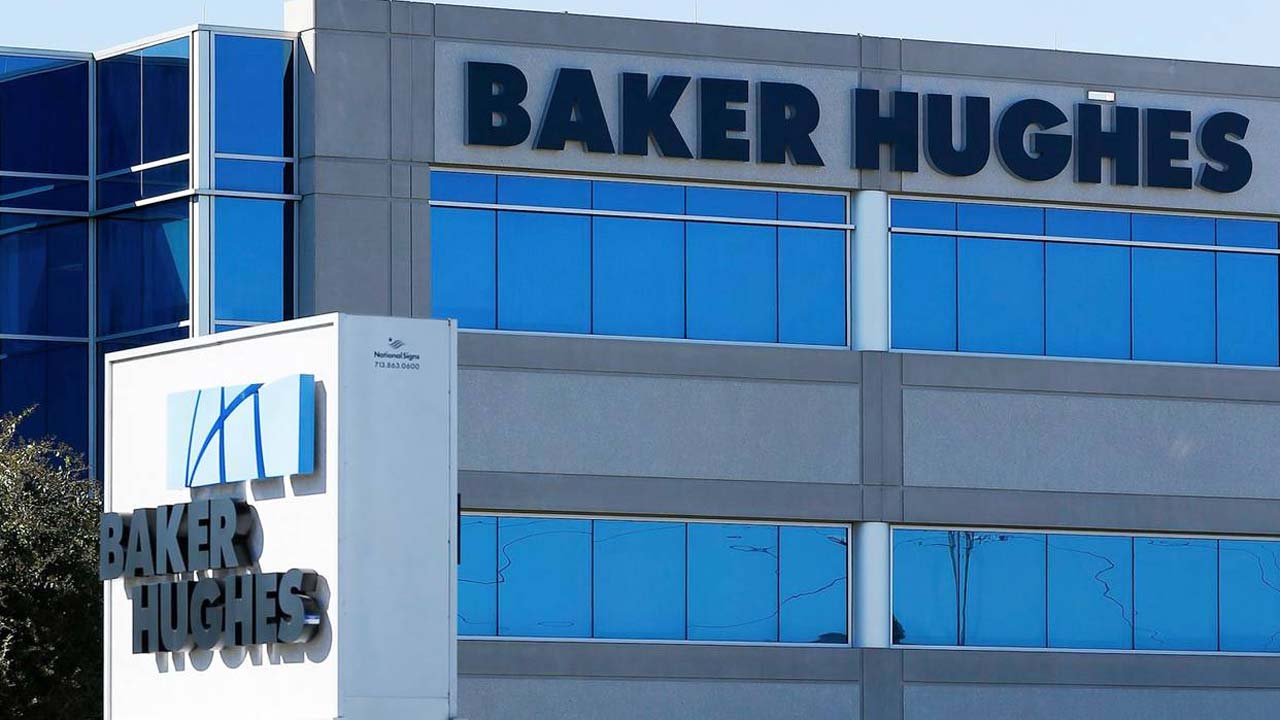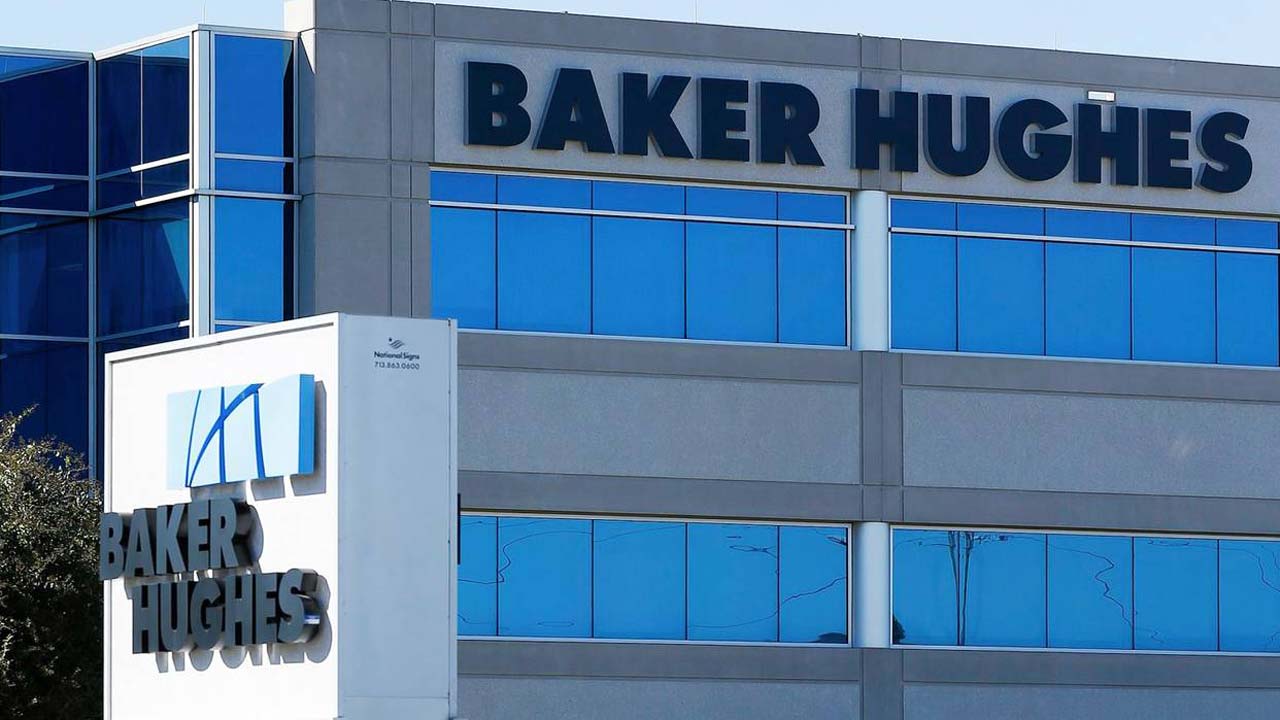By Adedapo Adesanya
American energy technology company, Baker Hughes, with a diverse portfolio of equipment and service capabilities, has expressed interest in investing in the Nigerian refineries domain as the government intensifies efforts at ending petroleum products importation into the country.
The company is also interested in participating in the forthcoming bid round for marginal oil fields in Nigeria.
Baker Hughes company is a global oil and gas conglomerate based in Houston, United States, and is one of the world’s largest oil field services companies operating in over 120 countries.
Speaking during a meeting with Nigeria’s Minister of State for Petroleum Resources (Oil), Mr Heineken Lokpobiri, on the sidelines of the 28th United Nations Climate Change Conference (COP28), the Chairman/President of Baker Hughes, Mr Lorenzo Simonelli, affirmed the company’s commitment to contributing to the energy transformation agenda of the federal government.
The Special Adviser to the Minister on Media and Communications, Mrs Nneamaka Okafor, said in a statement issued in Abuja that during the meeting, Baker Hughes expressed keen interest in sustaining and enhancing their investment in Nigeria’s oil and gas industry, including the readiness to invest in refineries.
Baker Hughes’s interest in investing in Nigerian refineries marked a significant milestone in the effort of the government to attract investment into the oil and gas industry.
Mr Simonelli emphasised the company’s readiness to collaborate with the Federal Government in advancing sustainable energy practices, aligning with the goals of COP28.
“Nigeria is a blessed nation with vast potentials and great opportunities in diverse sectors. As a partner with the Federal Government over the years, we are inspired to direct investment in the refinery domain of oil and gas. Therefore, whatever we can do to support to get started, I am willing to do that even now,” he said.
He acknowledged the pivotal role Nigeria plays in the global energy landscape and emphasised the importance of public-private partnerships in driving meaningful progress.
Responding, Mr Lokpobiri said the move by Baker Hughes would further sustain Nigeria’s drive for increased oil and gas production as well as domestic refining of crude.
He highlighted the company’s contributions over the years and expressed optimism about deepening the collaboration through increased investment in the nation’s oil and gas industry.
He assured the Baker Hughes delegation of the Federal Government’s commitment to creating an enabling environment for investments in the refinery sector, as adequate measures would be put in place to facilitate the seamless actualisation of Baker Hughes’ investment plans.
Nigeria’s three refineries in Port Harcourt, Warri, and Kaduna have been out of operation for decades, though rehabilitation works are ongoing at the facilities currently, with the Port Harcourt refinery expected to return to production by the end of this month.





























